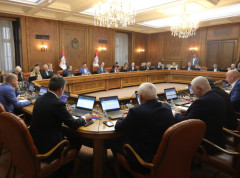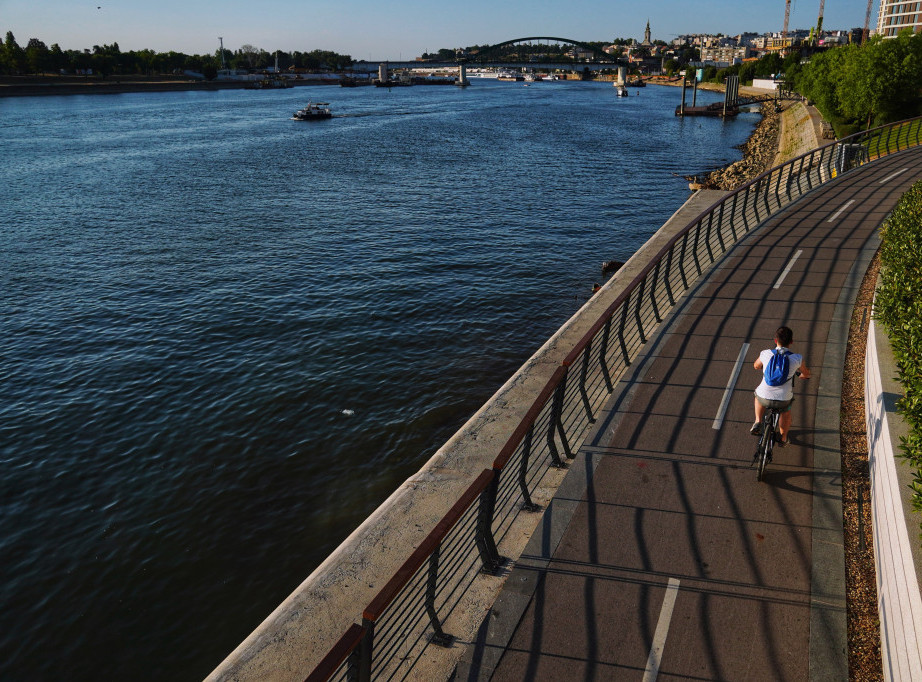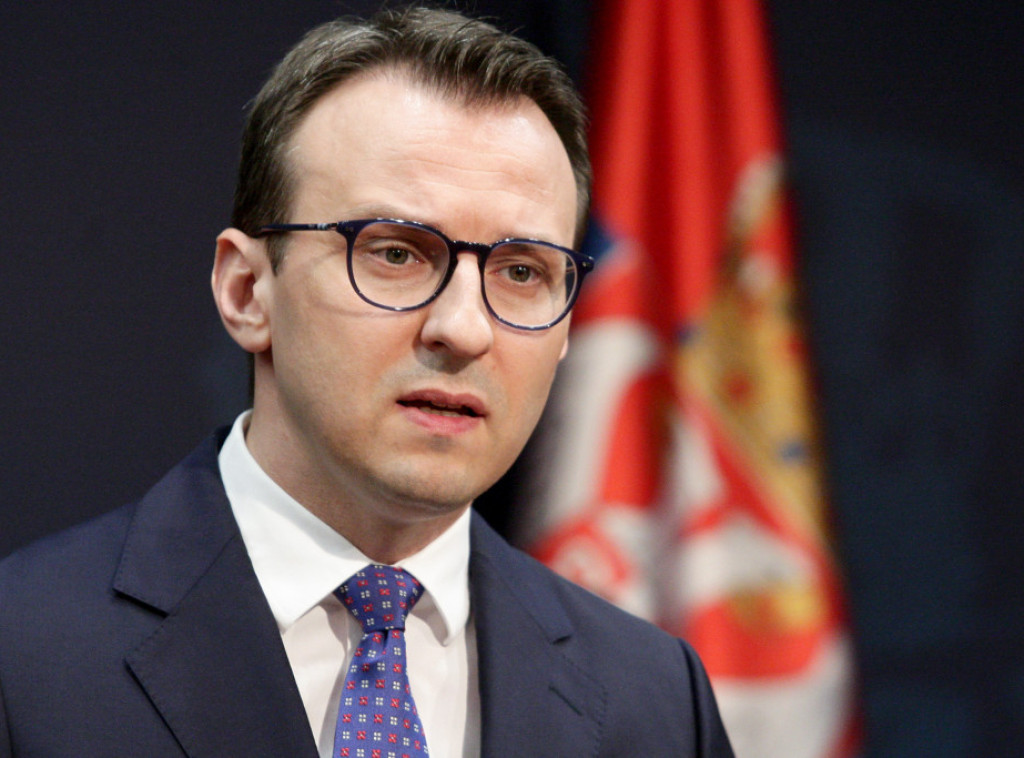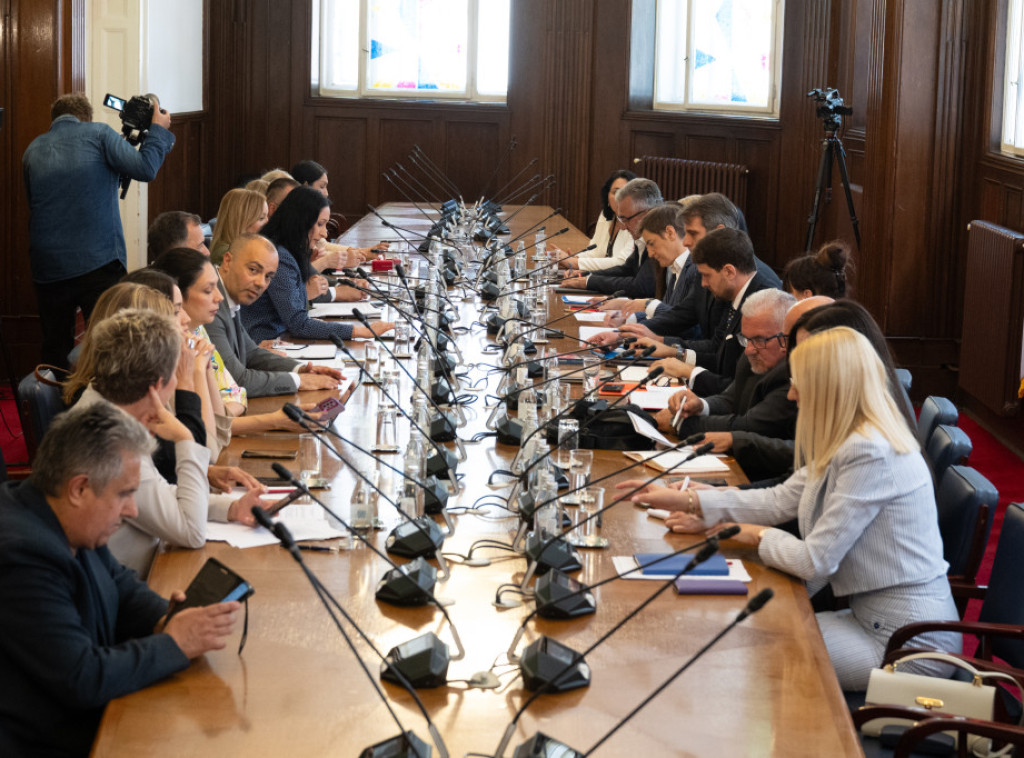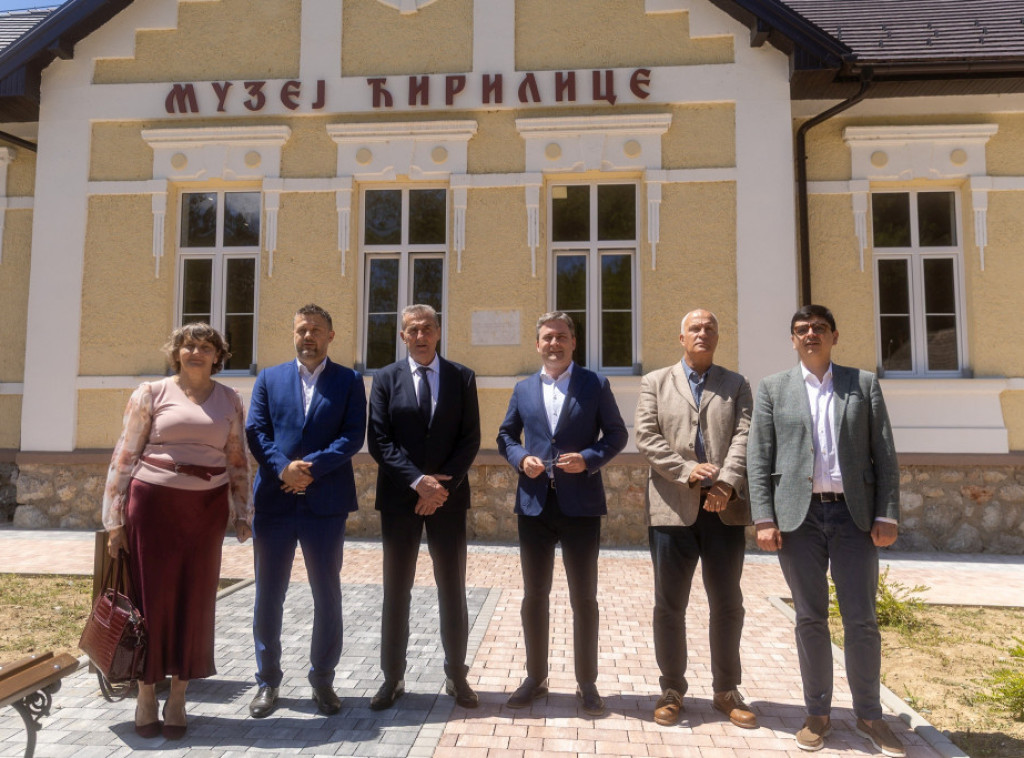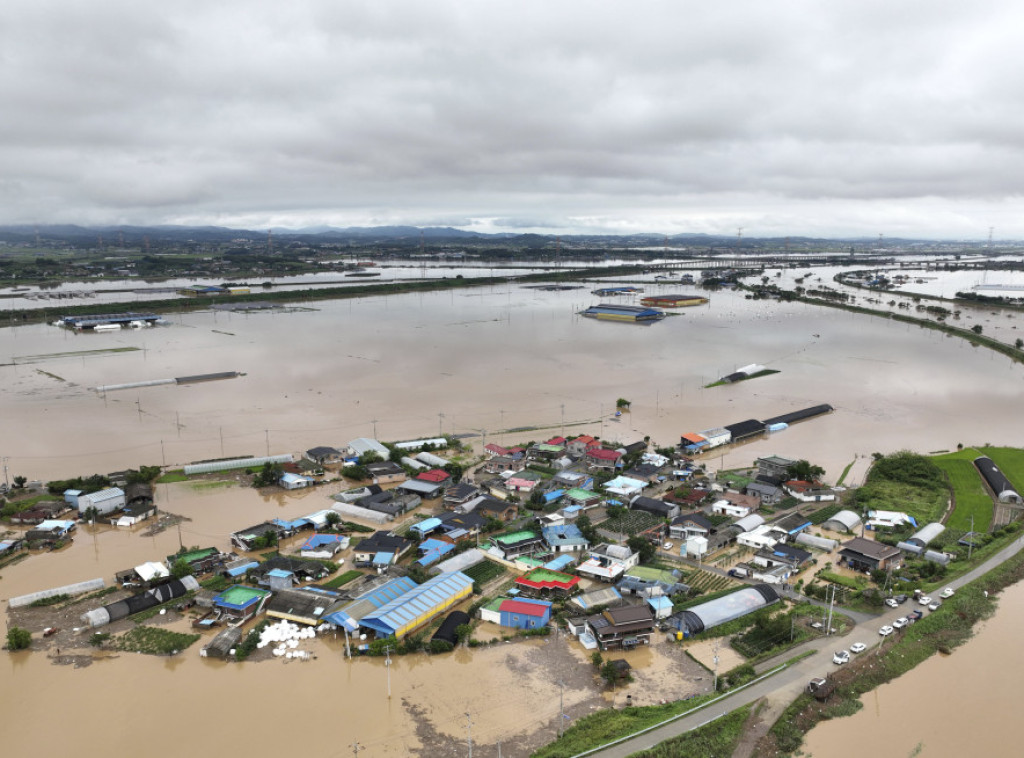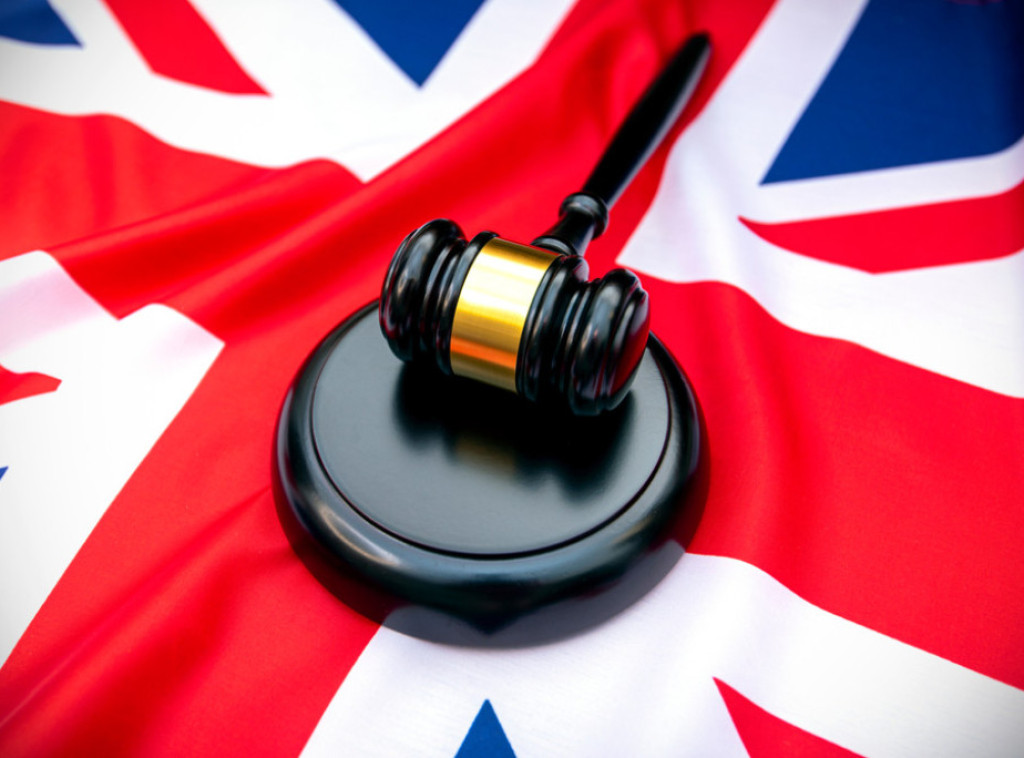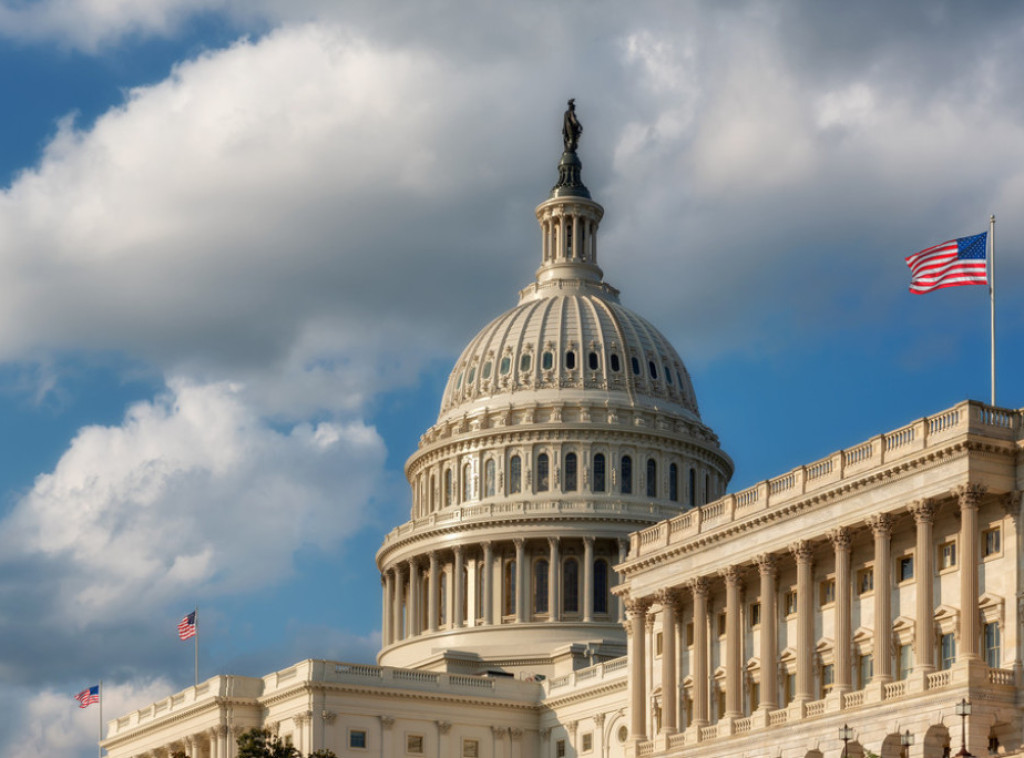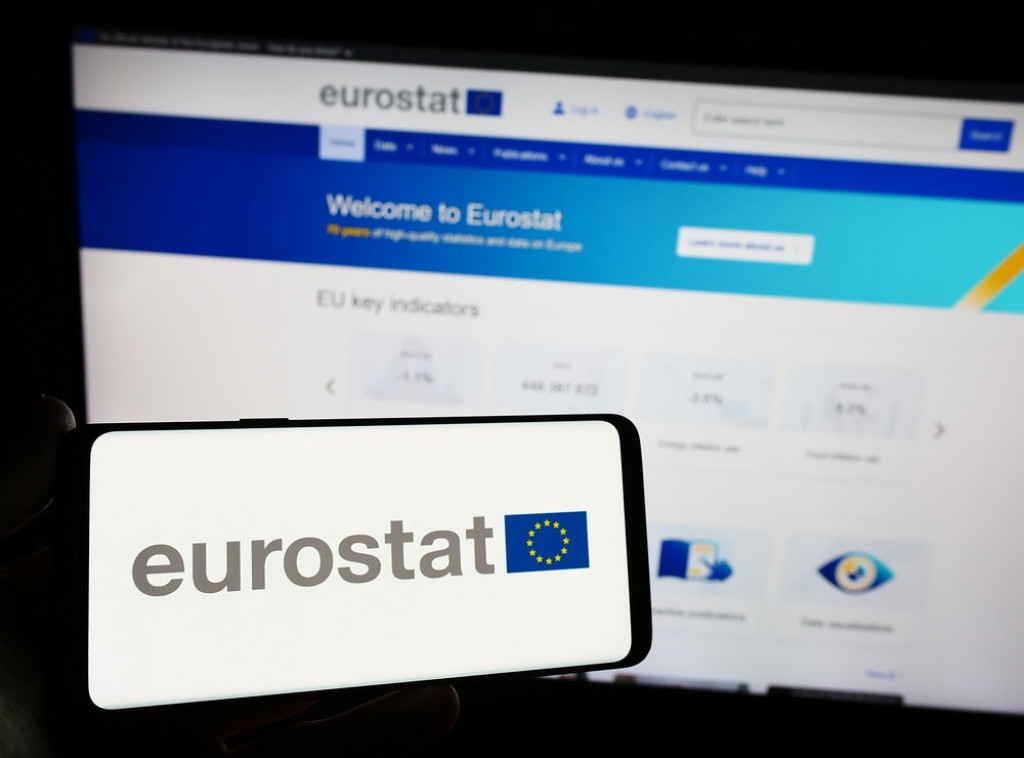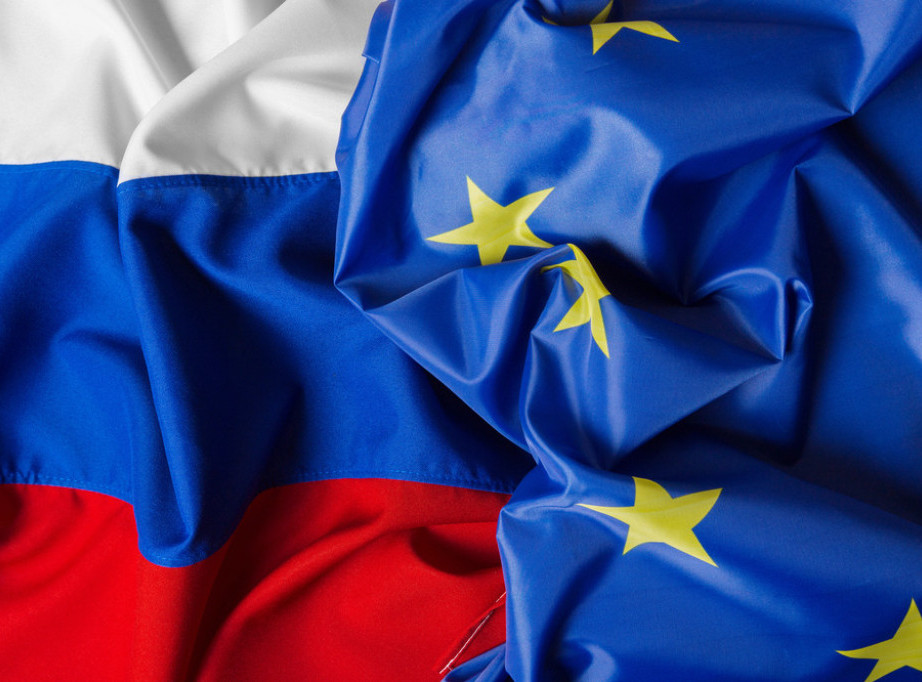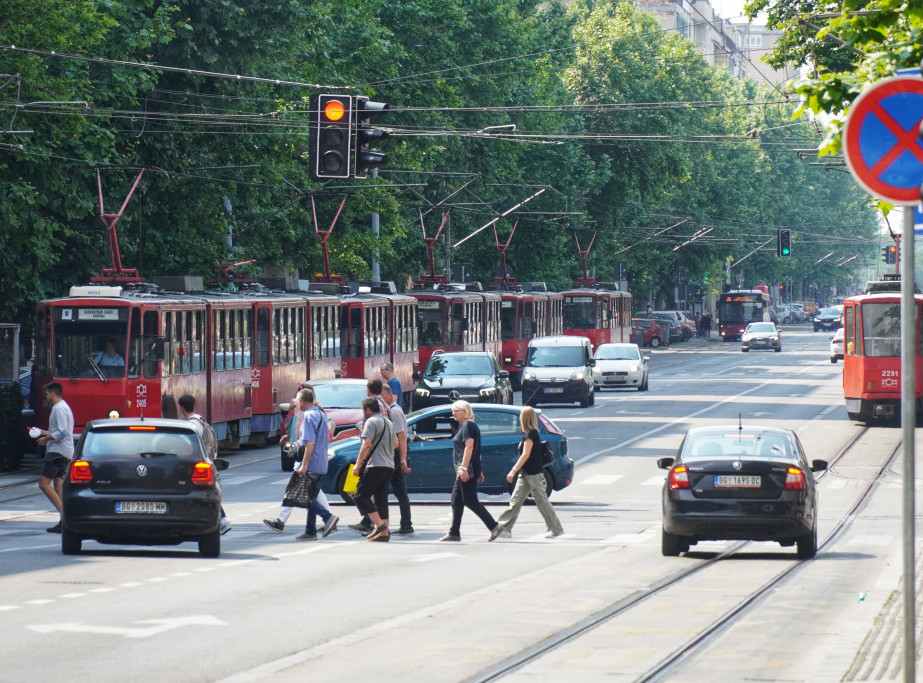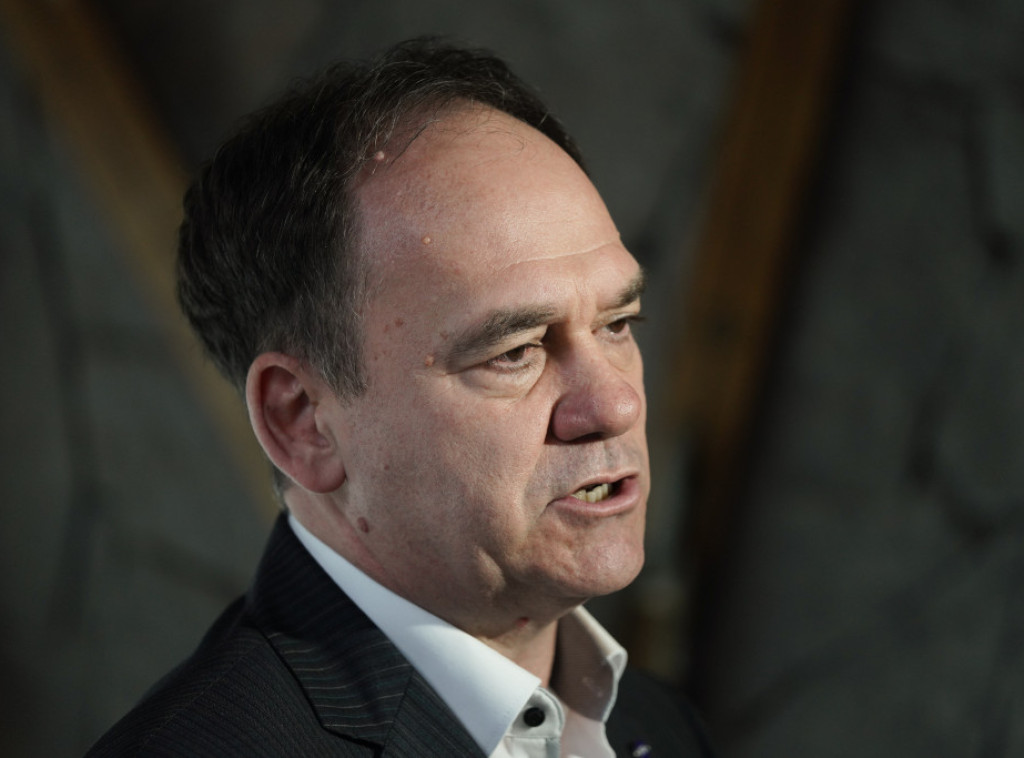Serbian Government Adopts Energy Reforms: End of Energy Crisis or Just Another Empty Promise?
Are you ready for another round of promises and reforms that are supposed to save our energy system? The Serbian government has just adopted a decree to establish guidelines for the operation of interconnected electricity transmission systems. The goal? Aligning with European regulations and improving efficiency. But is this really a solution or just another piece of paper gathering dust?
What’s Actually Happening?
The decree applies to all significant network users – from producers, consumers, distribution systems to the transmission system. This is part of the energy sector reform and alignment with the so-called Third Energy Package of the EU. Sounds serious, but what does it mean for the average citizen? Will electricity become cheaper? Will blackouts disappear? There are still no clear answers.
National Identity and Textbooks – What Does That Have to Do with Energy?
In the same session, the government also adopted amendments to the law on textbooks. The goal is to preserve national identity, the mother tongue, and tradition, while also encouraging interculturalism. Textbooks of national importance were introduced for primary school subjects such as Serbian language, history, geography, and culture. Also, the possibility of setting maximum retail prices for textbooks and their maximum weight was introduced to protect children’s health.
Why Does This Matter?
At first glance, these two parts – energy reform and the textbook law – seem unrelated. But actually, both show how the government tries to balance modernization with preserving tradition. While the energy sector is being reformed to be more efficient and aligned with the EU, the education system is being “cleaned up” to preserve national awareness.
Is This Enough?
Reforms are definitely needed, but are the measures adopted by the government sufficient? The energy sector is complex and requires much more than just one decree. Investments, transparency, and a long-term strategy are needed. The same goes for education – textbooks are important, but what about the quality of teaching and school conditions?
Conclusion
The Serbian government has taken a step forward by adopting the decree on the energy system and amendments to the textbook law. But will this be a step toward real change or just another political story? Time will tell.
What do you think? Do you believe these reforms will bring real change or are they just another set of empty promises? Drop a comment and let’s see who’s optimistic and who’s skeptical!





